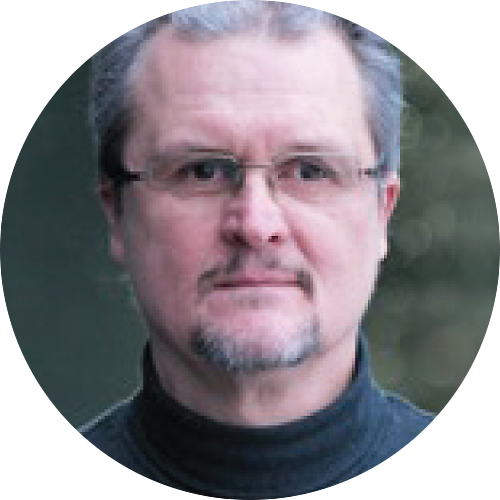Helmholtz-Zentrum Dresden Rossendorf (HZDR), Germany
Q: WHat is tHe focuS of your lab’S reSearcH?
A: The group has comprehensive experiences for undertaking radiotracer experiments, different spectroscopic techniques, characterization of colloid-chemical properties and in vitro/in vivo studies in view of the development and characterization of novel radiotracers, including functionalized nanoparticles. The design and development of chemically, metabolically and radiolytically stable radiometal complexes on the basis of 64Cu/67Cu is of special interest. Furthermore, polynuclear metal compounds (polyoxometalates, Re clusters) for anti-tumor activity, photosensitizing, and radiation-sensitizing properties are under investigation. The characterization of binding and transport behavior of novel receptors by solvent extraction studies represents one main topic.
Q: WHAT PREVIOUS WORKFLOW CHALLENGES DID YOU EXPERIENCE?
A: The development of new bifunctional chelating agents and relevant target-seeking bio-conjugates requires novel synthetic strategies and the improvement of known pathways as well. For the successful achievement of this goal, ‘real-time’ characterization of main and side-products is of particular importance.
Q: WHY DID YOU INCORPORATE THE EXPRESSION CMS INTO YOUR LABORATORY?
A: The Advion expression compact mass spectrometer rapidly provides reliable mass data in a stand-alone modus and coupled to UPLC/HPLC systems, respectively. Sample handling and measurement are straightforward. PhD students appreciate both the ‘in-time’ information about success and failure in developing novel compounds. I recommend to all groups requiring immediate access to reliable mass data for the characterization of novel compounds.

